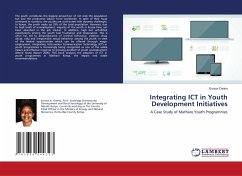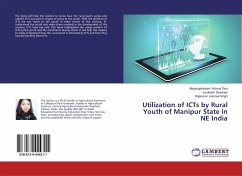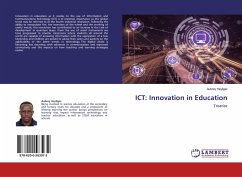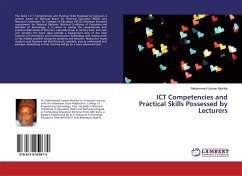The youth constitutes the biggest proportion of not only the population but also the productive labour force worldwide. In spite of their huge command in numbers, the youths are confronted with dynamic challenges. In Kenya, the youth make up 33% of the total population. However, due to high levels of unemployment, majority of the youth in Kenya have not been absorbed in the job market. In addition, high but unfulfilled expectations among the youth fuel frustration and desperation. This is what has led to preponderance of criminal behaviour, violence, drug abuse, risky and irresponsible sexual behaviour among the youth. In view of the limited opportunities which can be offered through wage-employment, integrating Information Communication Technology (ICT) in youth programmes is increasingly being recognized as one of the viable means and effective response to growing problem of youth unemployment (World Youth Report 2005). This book analyses the adoption of ICT in youth programmesin Mathare Kenya, the impact and viable recommendations.








